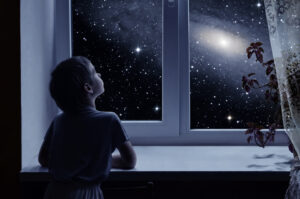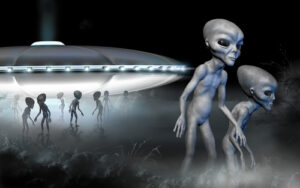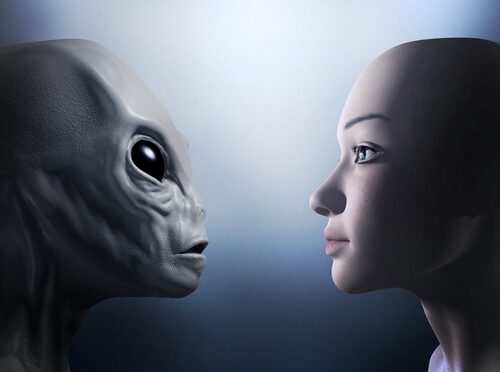It is a question that has long loomed over us as humans, and has had scientists scratching their heads for centuries… Are we alone in this universe?
Recently, it seems as though two scientists undertaking research at the University of Washington might have come to a conclusion on the matter after reworking a decades-old equation used to calculate the possibility of life on other planets.
It turns out, we weren’t looking in the wrong place, just the wrong time.
First Calculations
The Drake Equation was first created in 1961, by Astrophysicist Frank Drake. It was used to estimate the number of advanced civilizations likely to currently exist within the Milky Way.
The Drake Equation calculated of the rate of formation of stars in the galaxy, the fraction of those stars that have a planetary system, and the fraction of civilizations that develop enough to release detectable signals into space, amongst other factors.
The University of Washington scientists, Adam Frank and Woodruff Sullivan, decided to adapt the Drake Equation, asking “Are we the only technological species that has ever arisen?” rather than “How many civilizations exist right now?” This eliminated a lot of guesswork that Drake’s original equation hinged on.
They called this the “cosmic archaeological question” and much like archaeologists on Earth uncovering previous Earth-bound civilizations, they theoretically made the discovery of the remains of countless advanced alien civilizations.
The Likelihood of Alien Life
This new approach, combined with the recent discoveries of planets in ‘habitable zones’ (where temperatures and liquid water on a planet’s surface can support life as we know it) thanks to NASA’s Kepler space telescope, allowed Frank and Sullivan to make their startling revelation.
 They found that civilizations on other planets have almost definitely existed, developed their own sophisticated technology, and become extinct, way before the dawn of human civilization.
They found that civilizations on other planets have almost definitely existed, developed their own sophisticated technology, and become extinct, way before the dawn of human civilization.
Over the course of history of the universe, according to Frank and Sullivan, the chance of us being the first and only advanced civilization is 10 billion trillion to one. This figure is pretty difficult to wrap your mind around.
To try and get some perspective, even if the odds were 1 trillion to one, this would imply that over the time that the universe has existed, there have been 10 billion other civilizations similar to what we have here on Earth.
The chances that we’re the only ones are astronomically small. It’s likely that billions of civilizations have been built and fallen in the universe’s long history.
Where Did They Go?
Through their calculations of the average lifespan of a civilization, Frank and Sullivan could get a sense of how long an alien civilization might survive for. In terms of the implications this has for our own future here on Earth, they are hoping to develop simulations to understand what leads to long-lasting civilizations and what cuts them short, as well as the impacts they have on the planets they inhabit.
What Can We Learn from This?
For humans, this research could mean a better understanding of our place on Earth. If these aliens experienced similar planetary issues, such as global warming, did they survive these issues, or are these what finished them? The knowledge that so many alien races have fallen before us puts a new perspective on the fragility of planets and the universe in general.
Moving forward, the hope is that we can learn lessons from these fallen civilizations, take the time to appreciate how transient humanity’s time on Earth is, and make this time count.
Video:
Written by:
Sources:
https://www.rochester.edu/news/are-we-alone-in-the-universe/
http://online.liebertpub.com/doi/pdfplus/10.1089/ast.2015.1418

